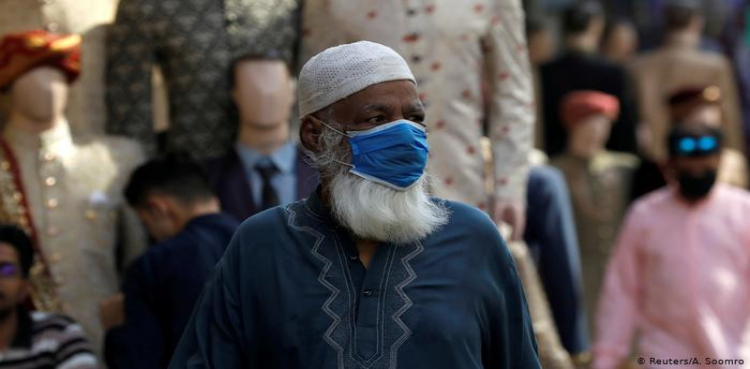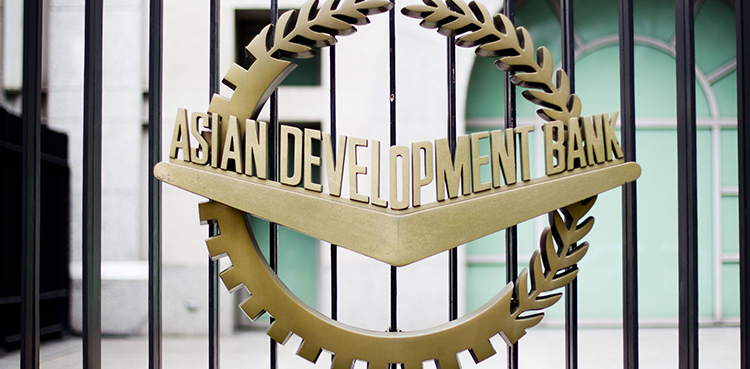Paigham-e Pakistan organized a webinar in Karachi under the Law and Justice Commission for the rights and security of minorities, here on Thursday.
The event was jointly organized by Paigham-e-Pakistan, Justice helpline and supreme court law and justice commission.
Qibla Ayaz – Former chairman of Islamic ideology council, Anwar Mansoor – former attorney general of Pakistan, Majida Rizvi – first female justice in Pakistan, Dr. Rahim Awan – federal secretary of supreme court law and justice commission, Nadeem A Sheikh Advocate – founder of Justice helpline, Former Justice Shahab Sarki, S. Michael Advocate, Ayaz Quraishi and others addressed the webinar.
The speakers said that Chief justice Tasaduq Jeelani has issued a historic verdict in Justice helpline’s case SMC 2014.
It is also said in the webinar that the verdict of SMC 2014 filed by justice helpline after Peshawar church attacks will portray the positive image of Pakistan as it stated that minorities are free to their worship and it is state’s responsibility to provide security to them.
It is pertinent to mention that on its own motion, the Court under Article 184(3) of the Constitution issued this decision in response to a letter received from the Justice Helpline, an NGO, regarding a 2013 bombing of a church in Peshawar and threats being made towards religious minorities.
Freedom of religion; discrimination against minorities. Amongst several orders aimed at preserving religious freedom for Pakistan’s minorities, the Court ordered that appropriate curricula be developed at school and college levels to promote a culture of religious and social tolerance.
The Court clarified and expanded the scope of Article 20 of the Constitution, stating that freedom of religion must “be construed liberally to include freedom of conscience, thought, expression, belief and faith”.
Freedom of religion has “both individual and community-based connotations”. Each citizen of Pakistan is free to exercise the right to profess, practise and propagate his/her religious views, even against the prevailing or dominant views of his/her own religious denomination or sect.


















































